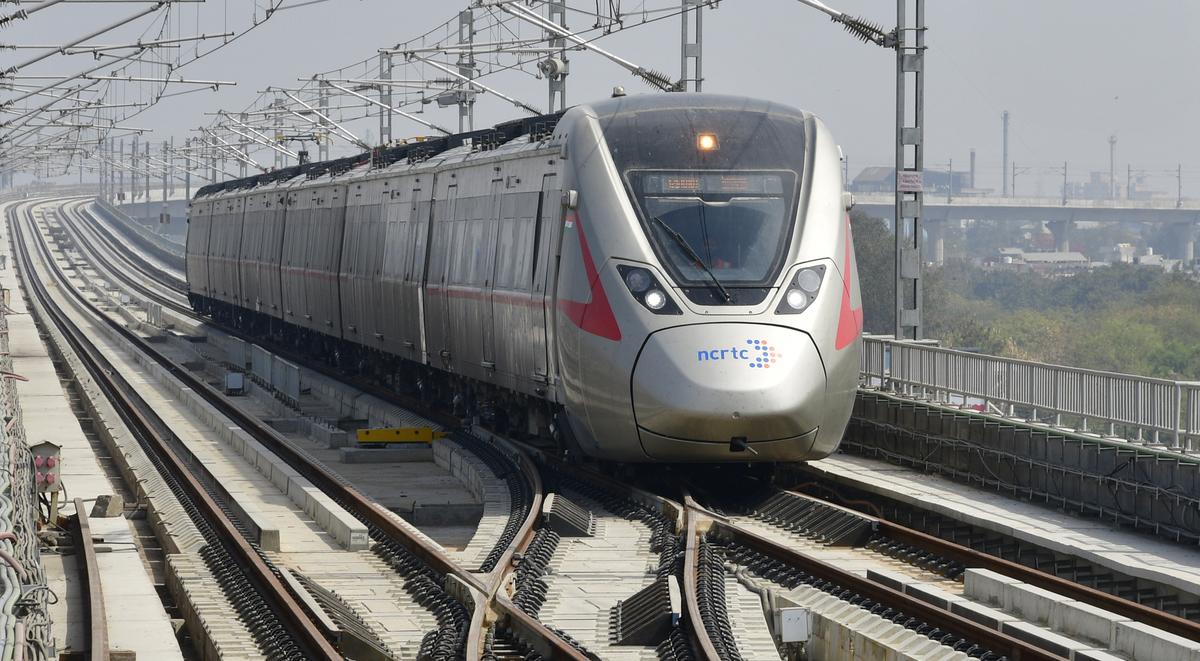- Courses
- GS Full Course 1 Year
- GS Full Course 2 Year
- GS Full Course 3 Year
- GS Full Course Till Selection
- Online Program
- GS Recorded Course
- NCERT (Recorded 500+ Hours)
- Polity Recorded Course
- Geography Recorded Course
- Economy Recorded Course
- AMAC Recorded Course
- Modern India, Post Independence & World History
- Environment Recoded Course
- Governance Recoded Course
- Science & Tech. Recoded Course
- International Relations and Internal Security Recorded Course
- Disaster Management Module Course
- Ethics Recoded Course
- Essay Recoded Course
- Current Affairs Recoded Course
- CSAT
- 5 LAYERED ARJUNA Mentorship
- Public Administration Optional
- ABOUT US
- OUR TOPPERS
- TEST SERIES
- FREE STUDY MATERIAL
- VIDEOS
- CONTACT US
UN Summit of the Future & the Reform in UN Institutions
UN Summit of the Future & the Reform in UN Institutions
24-10-2024
In Sept 2024, UN Secretary-General Antonio Guterres addressed the UN Summit of the Future 2024, emphasizing the need for immediate reforms in outdated UN institutions related to peace, security, and finance.
- The Prime Minister of India also participated in the summit.
Key Highlights of the UN Summit of the Future
- Objective: The UN Summit of the Future aims to reform and strengthen global governance to tackle modern challenges and secure a sustainable future for future generations.
- It builds on recent UN efforts like the 2022 UN Environment Stockholm+50 and the High Seas Treaty.
- 2022 UN Environment Stockholm+50 was held in 2022 to commemorate the 50th anniversary of 1972 United Nations Conference on the Human Environment, which was the 1st to make the environment a global issue.
- The High Seas Treaty establishes a legal framework to create marine protected areas in the high seas, which are areas of the ocean that aren't part of a country's territorial sea, exclusive economic zone, or internal waters.
- Theme: "Multilateral Solutions for a Better Tomorrow."
- Outcome: The summit concluded with the adoption of a key document, A Pact for the Future, which includes the Global Digital Compact and A Declaration on Future Generations.
Key Agreements
- Pact for the Future: Focuses on speeding up progress on Sustainable Development Goals (SDGs) and implementing the Paris Agreement for climate action.
- It includes commitments to transition from fossil fuels and work towards a peaceful and sustainable future.
- Global Digital Compact: Promotes fair access to technology and ensures its benefits are shared globally.
- AI Governance: Introduces the 1st universal agreement on the governance of Artificial Intelligence (AI).
- It advocates for establishing a multidisciplinary Independent International Scientific Panel on AI within the UN, ensuring representation from all regions.
- The goal is to enhance scientific understanding by assessing AI's impacts, risks, and opportunities, leveraging existing research and initiatives (SDG 17).
- Declaration on Future Generations: Encourages long-term thinking, urging leaders to consider the needs of future generations.
- It commits to nuclear disarmament, regulating autonomous weapons, and preventing an arms race in outer space. This marks the 1st multilateral support for nuclear disarmament in over a decade.
India’s Position at the Summit
- Call for UN Reform: India advocated for reforms in the UN and Security Council, pushing for expanded permanent membership, including representation from India and African nations.
- New Conflict Areas: The Indian Prime Minister highlighted cyber, maritime, and space as emerging conflict zones and urged for global frameworks to ensure security in these areas.
- Digital Governance and Cooperation: India supported global digital governance and offered its digital public infrastructure for international collaboration.
- Support for Key Initiatives: India endorsed the Pact for the Future, AI governance frameworks, and digital cooperation initiatives at the summit.
Why is the need for UN Reforms?
- Outdated Structure: The UN was founded in 1945 with just 51 member states, but today there are 193 members.
- The global economy has grown over twelve times since 1945, while the financial system, designed during colonial times, remains outdated.
- Global Disparities: Developing nations face rising debt and inequalities that hinder sustainable development, showing that current global systems fail to meet today's needs.
- Technological and Geopolitical Shifts: Technological advances and changing global power dynamics expose the weaknesses of post-World War II institutions in tackling modern challenges like climate action, sustainable development, and economic disparities.
- Legitimacy and Credibility Issues: The Security Council's legitimacy is increasingly questioned. To maintain global peace and security, it must represent the will of all member states, not just the few permanent members.
- Reform is crucial to boost the legitimacy of its decisions, as the permanent membership doesn't reflect today's geopolitical landscape.
- Inequitable Representation: Regions such as Asia, Africa, and Latin America are underrepresented in the Security Council. This imbalance weakens decision-making and raises concerns about fairness in representation.
- A more equitable distribution of non-permanent seats is vital to addressing these disparities.
- Financial and Administrative Reform: The UN's financial sustainability is critical, especially as demands for peacekeeping and development rise.
- Japan’s proposal highlights the need to align financial contributions with member states’ responsibilities, ensuring fair and proportional funding.
- The international financial system, including the IMF, World Bank, and WTO, needs to better support developing nations struggling with debt and achieving the Sustainable Development Goals (SDGs).
- Global Security Challenges: Today's security landscape includes regional conflicts, terrorism, and humanitarian crises. A reformed Security Council is essential to address these issues effectively.
How Will UN Reforms Impact Global Governance?
- Enhanced Inclusivity: The reforms aim to give a stronger voice to developing nations and underrepresented regions like Africa and Latin America. This could lead to more equitable decision-making in global governance.
- Increased Agility: A more agile Peacebuilding Commission and revised peace operations will enable quicker responses to emerging global challenges.
- Strengthened Financial Architecture: Reforming the international financial system will better support developing countries in managing debt and advancing toward Sustainable Development Goals (SDGs).
- Digital Governance: The Global Digital Compact seeks to regulate artificial intelligence and digital technologies, ensuring their alignment with sustainable development and human rights.
- It addresses the digital divide and cybersecurity concerns.
- Youth Engagement: The Pact for the Future encourages greater involvement of young people in decision-making, ensuring future generations' interests are considered.
- Conflict Resolution: New norms and accountability mechanisms will strengthen the multilateral system, helping manage geopolitical competition and improve conflict prevention and resolution.
How Does India Critique the United Nations?
- Ineffectiveness in Crisis Management: India has pointed out that the UN Charter has failed to address key challenges like the COVID-19 pandemic, the Russia-Ukraine conflict, terrorism, and climate change.
- India urges reforms to make the UN more relevant and responsive to current geopolitical realities.
- Veto Power Concerns: India has criticized the disproportionate influence of the P-5 nations (U.S., U.K., France, Russia, China) due to their veto power.
- Charter Review: India calls for a comprehensive review of the UN Charter, which still includes outdated references to former entities like the Soviet Union and classifies some nations as "enemy states."
- India emphasizes the need to update the Charter to reflect modern international dynamics.
- Slow Reform Process: India has expressed frustration over the slow progress of the Intergovernmental Negotiations (IGN) on UN reform, which began in 2008 but has not led to significant change.
- India stresses the importance of making UN reform a global priority.



